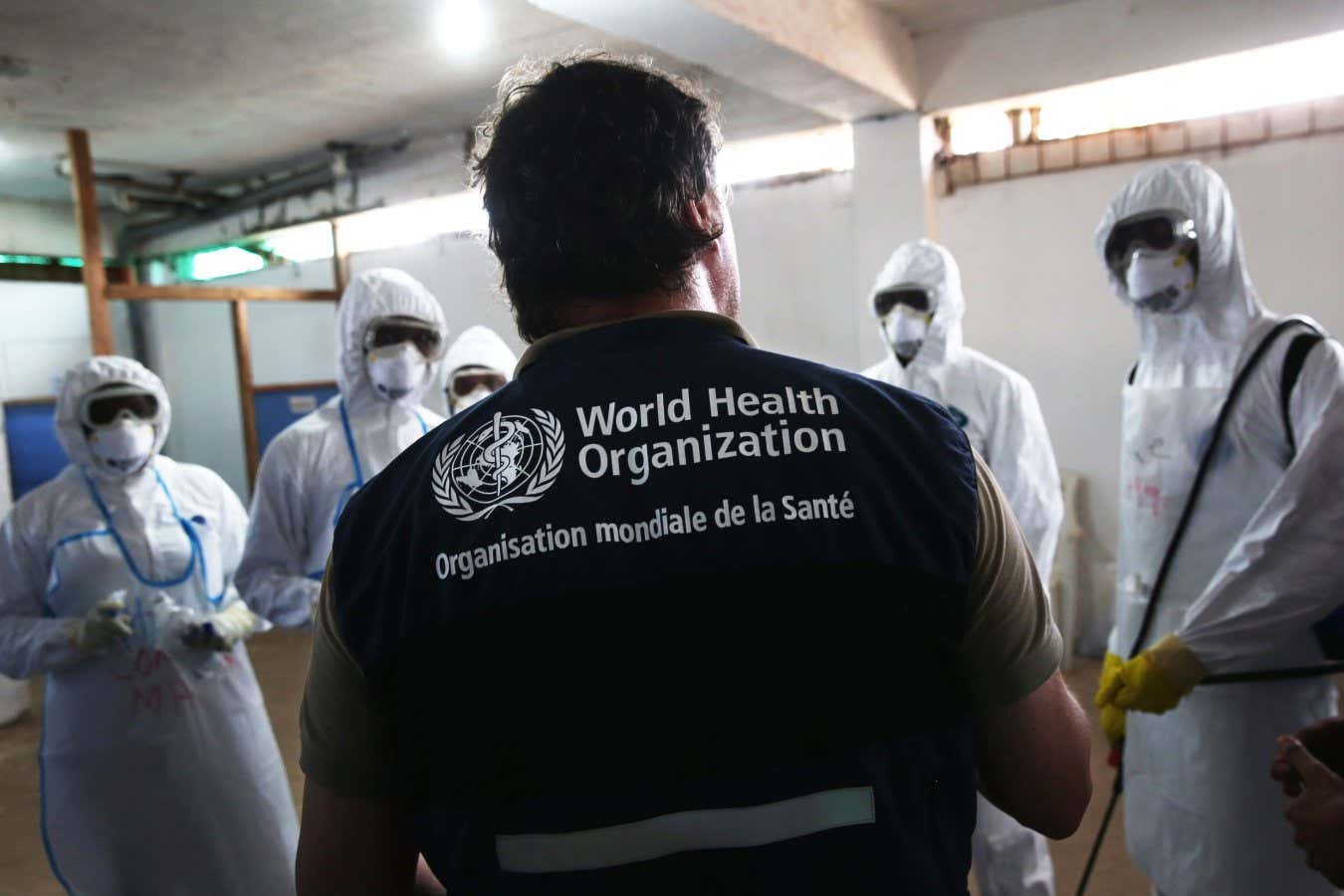US Withdraws from World Health Organization Amid Global Fears of Reduced Public Health Response

Washington D.C. - The United States has made its formal decision to withdraw from the World Health Organization (WHO), a move that could severely impact global efforts to combat infectious diseases, coordinate vaccine campaigns, and monitor emerging health threats.
As per one-year notice, the US will stop contributing funds to the WHO's $6.8 billion budget, accounting for around 20% of the organization's total budget. The decision is expected to raise concerns about the ability of low-income countries to mitigate the spread of diseases, as well as the capacity of the US itself to respond to health crises.
The Trump administration cited "the organization's mishandling of the COVID-19 pandemic" as a primary reason for its decision to withdraw. However, many experts argue that this criticism is misplaced and unjustified, pointing out that the WHO did not impose any unrealistic reporting requirements on China during the outbreak.
WHO Director-General Dr. Tedros Adhanom Ghebreyesus expressed regret over the US decision, stating that "over seven decades, WHO and the USA have saved countless lives and protected Americans and all people from health threats." He reiterated calls for constructive dialogue with the US government to maintain their partnership and address areas of inefficiency within the organization.
The impact of US withdrawal on global public health will be significant, particularly in regions where resources are scarce. Low-income countries rely heavily on WHO-coordinated programs, including those aimed at controlling tuberculosis, HIV/AIDS, and infectious diseases like bird flu. These efforts have been essential in preventing outbreaks from spreading across borders.
Several US-based experts and healthcare professionals fear that the country's withdrawal will compromise its own ability to detect and respond to emerging health threats, especially if a similar crisis were to arise domestically. "Diseases don't have any borders," observed Dr. Krutika Kuppalli, an infectious disease physician at the University of Texas Southwestern Medical Center who worked for the WHO during the COVID-19 pandemic.
As debate surrounding US withdrawal from the WHO continues, some speculate that broader cuts to various US health initiatives may follow in its wake, exacerbating resource constraints facing public healthcare systems domestically.
